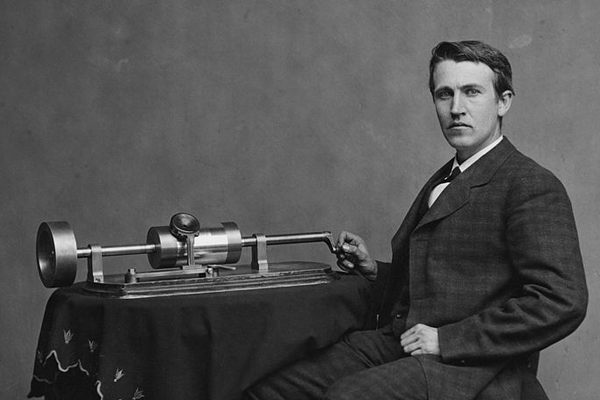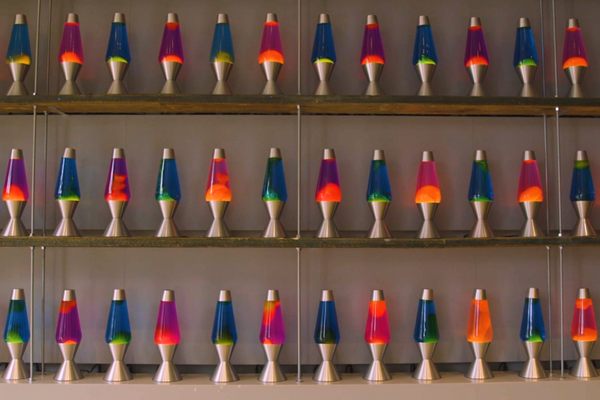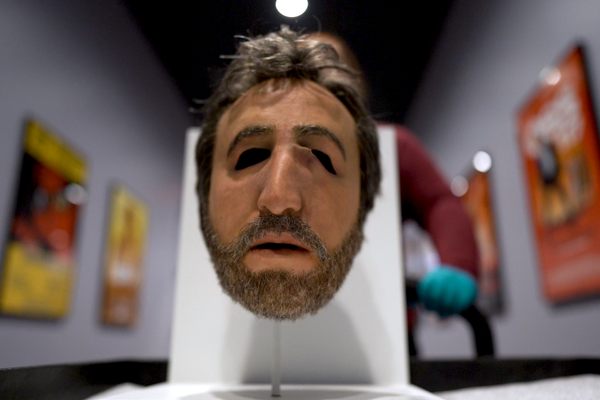The Obscure 227-Year-Old Law Now Being Used Against Apple

Apple CEO Tim Cook in 2012. (Photo: Mike Deerkoski/Flickr)
The latest privacy controversy over Apple devices doesn’t center on fancy new technology or a subtle terms-of-service change, but on a 227-year-old law.
That law, known as the All Writs Act, was cited Wednesday by a U.S. magistrate judge in ordering Apple to assist federal prosecutors in unlocking an iPhone 5C that belonged to one of the San Bernardino shooters.
Even though Apple has helped the government at least 70 times before under the act, the company, perhaps seeing a marketing opportunity, reacted swiftly to the ruling, indicating they would vigorously oppose the government’s request in the courts.
“If the government can use the All Writs Act to make it easier to unlock your iPhone, it would have the power to reach into anyone’s device to capture their data,” Apple CEO Tim Cook wrote in an open letter.
The battle will likely be waged for some time in the courts, but, in the meantime, it has led to the sudden prominence of a law that originated in a time before the invention of the telephone.
The law, passed by Congress as part of the Judiciary Act of 1789 (which also established the Supreme Court), has increasingly been used to compel businesses to help law enforcement, especially in cases involving technology. The act itself is very short:
28 U.S. Code § 1651 - Writs
(a) The Supreme Court and all courts established by Act of Congress may issue all writs necessary or appropriate in aid of their respective jurisdictions and agreeable to the usages and principles of law.
(b) An alternative writ or rule nisi may be issued by a justice or judge of a court which has jurisdiction.
Because the act can only be used under “extraordinary” circumstances—and when no other laws apply—it has become somewhat common for prosecutors to use it against technology companies, since there are no laws on the books that govern whether Apple must help the government unlock phones.
Frequently, that occurs in “effectuating” search warrants, as in the San Bernardino case. (The federal government’s desire to unlock and examine the phone amounts to a search under the law.)
Apple’s challenge to the law will amount to the act’s highest-profile case yet. Other cases, like one involving the cell phone of a Brooklyn drug dealer, have received far less attention, but experts said that the timing of the challenge was likely a business decision as much as it was about privacy.
Apple “can’t be seen now as doing something that would make their products less safe,” Wendy Patrick, a business ethics lecturer at San Diego State University, told the Associated Press. “I think everyone saw this issue coming down the pike and Apple always knew it was going to push back when the moment came.”
And prosecutors, for their part, may have also anticipated a fight, limiting the scope of the requests to help ensure they might succeed, according to Robert Cattanach, a former Justice Department lawyer.
The federal request, Cattanach told the AP, was “very strategic on their part.”










Follow us on Twitter to get the latest on the world's hidden wonders.
Like us on Facebook to get the latest on the world's hidden wonders.
Follow us on Twitter Like us on Facebook